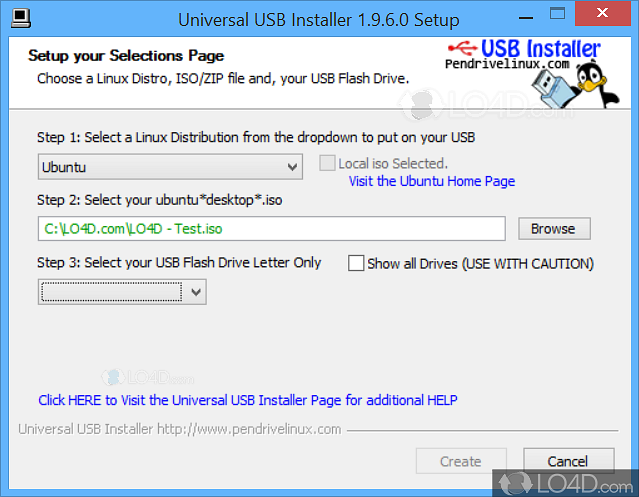

IOCTL_USB_GET_NODE_CONNECTION_INFORMATION_EX.IOCTL_USB_GET_NODE_CONNECTION_INFORMATION.IOCTL_USB_GET_NODE_CONNECTION_DRIVERKEY_NAME.IOCTL_USB_GET_NODE_CONNECTION_ATTRIBUTES.IOCTL_USB_GET_DESCRIPTOR_FROM_NODE_CONNECTION.USB client drivers receive these user-mode I/O control requests at the kernel level: User-Mode IOCTLs sent by applications and services IOCTL_INTERNAL_USB_UNREGISTER_COMPOSITE_DEVICE.IOCTL_INTERNAL_USB_SUBMIT_IDLE_NOTIFICATION.IOCTL_INTERNAL_USB_REQUEST_REMOTE_WAKE_NOTIFICATION.IOCTL_INTERNAL_USB_REGISTER_COMPOSITE_DEVICE.IOCTL_INTERNAL_USB_GET_TOPOLOGY_ADDRESS.IOCTL_INTERNAL_USB_GET_DEVICE_CONFIG_INFO.USB client drivers can receive or send any of the following I/O requests in kernel mode: USB client drivers must not use these I/O requests: These I/O requests have been deprecated or reserved for internal use. Headersĭeprecated functions, IOCTL requests for all USB drivers Programming Guideĭeveloping Windows client drivers for USB devices. A client driver that calls these routines can run on Windows Vista and later versions of Windows. The library gets loaded and statically linked to the client driver module when it is built. These functions are defined in Usbdlib.h and the client driver requires the Usbdex.lib library. Common USB client driver referenceĪ Windows Driver Model (WDM)-based USB client driver can call functions to communicate with the Microsoft-provided USB driver stack. These include export functions that the drivers can call, callback routines that the driver can implement, I/O requests that the driver can send to the Microsoft-provided USB driver stack, and various data structures that are used in those requests.įor the programming guide, see Universal Serial Bus (USB). The programming interfaces are used for developing drivers that interact with USB devices, host controllers, connectors. This reference section describes the driver programming interfaces that are included in the Windows Driver Kit (WDK).


 0 kommentar(er)
0 kommentar(er)
